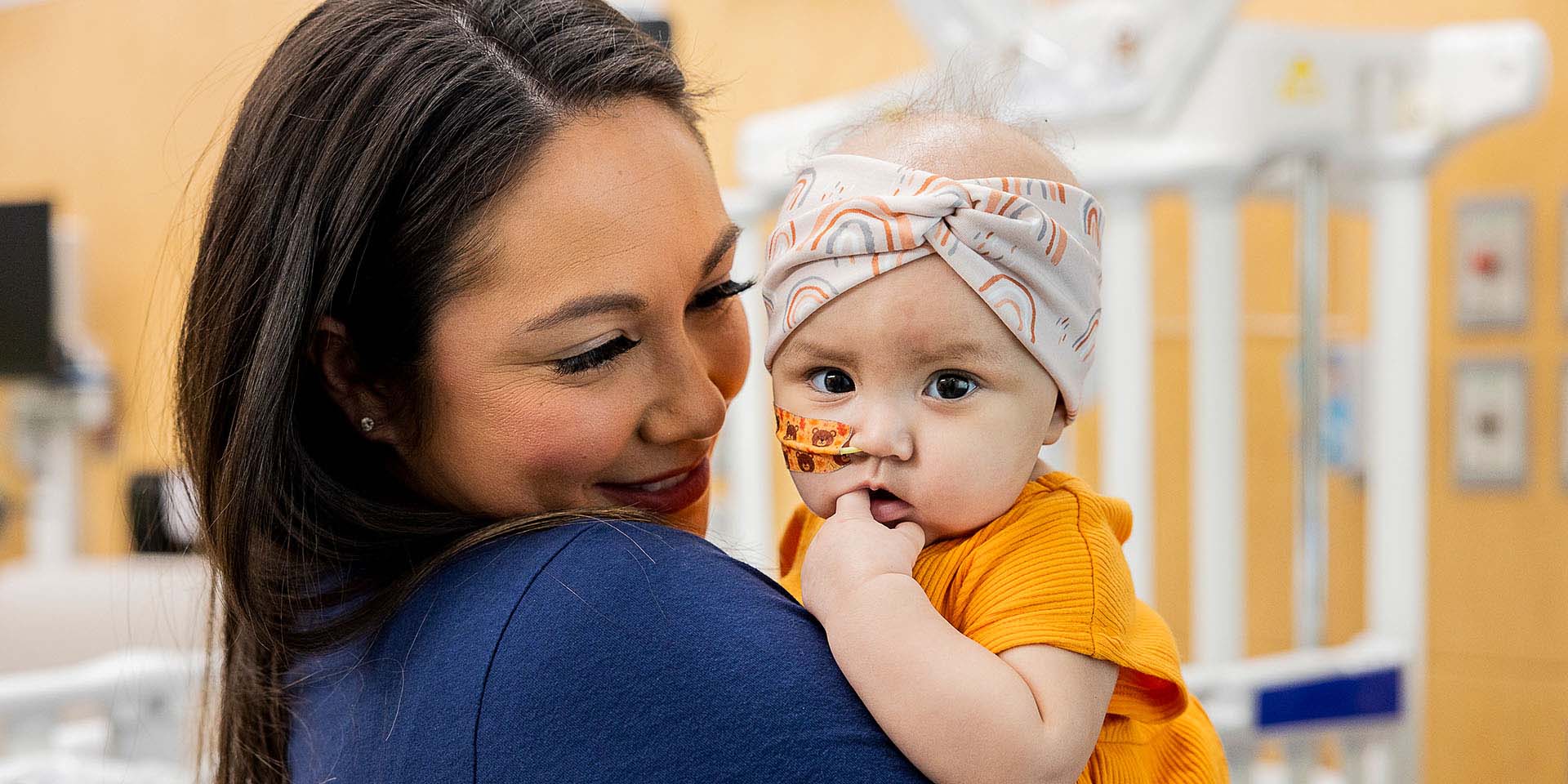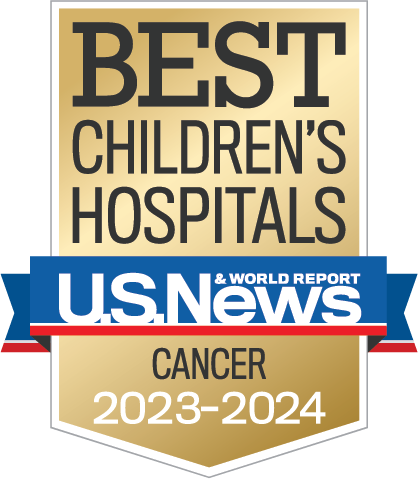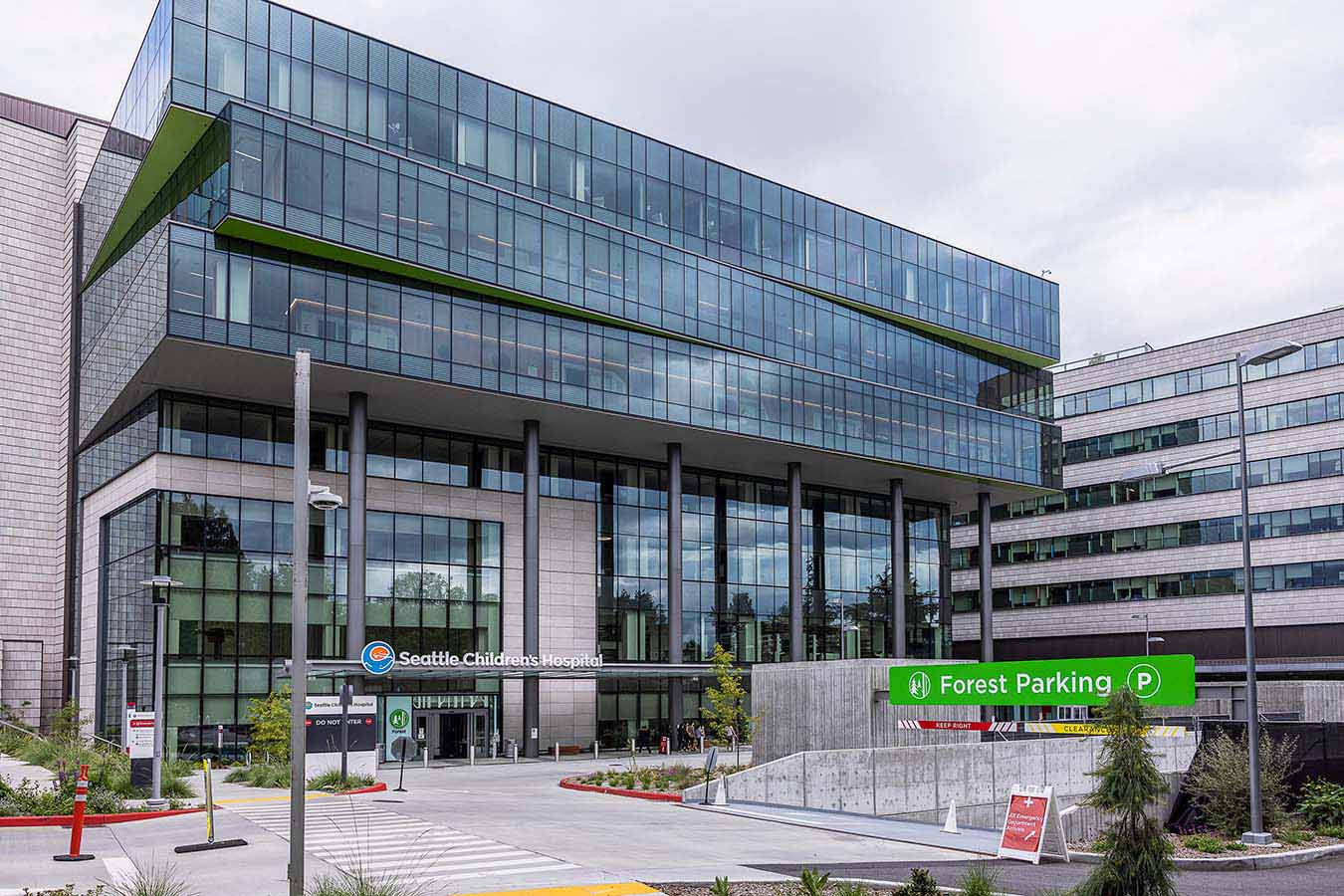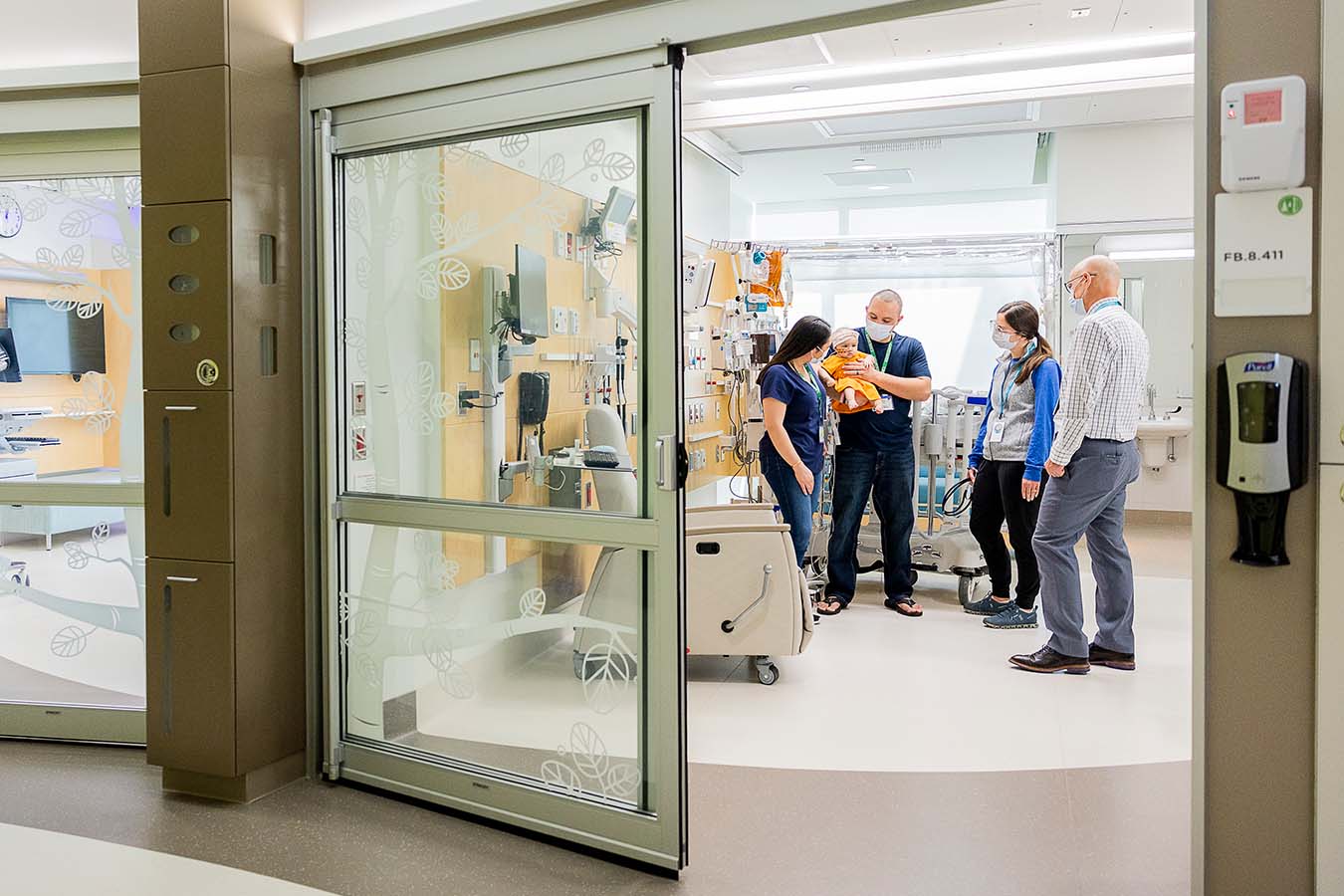
Pediatric Blood and Marrow Transplant Program
A World Leader in CAR T-cell Therapy for Cancer
Seattle Children’s is an international leader in treatment and research focused on curing childhood cancer by boosting the immune system with immunotherapy. Experts in our Immunotherapy Program work to improve outcomes for young people and reduce side effects by harnessing the power of the immune system to recognize and destroy cancer.
Our Cancer and Blood Disorders Center offers state-of-the-art cancer therapies and investigational clinical trials often not available at other hospitals, including chimeric antigen receptor T-cell therapy, also known as CAR T-cell therapy.
What is CAR T-cell therapy?
CAR T-cell therapy is a promising new treatment for some childhood cancers. It works by educating the body’s own T cells, a type of white blood cell, to seek out and destroy cancer cells wherever they are hiding in the body.
How does the CAR T-cell therapy process work?
Here are the 5 steps in the CAR T-cell process:
- We do a procedure called apheresis. In this procedure, a machine is used to isolate T cells from your child’s blood. This takes a few hours.
- Our lab staff removes the T cells, purifies them and re-educates them. In this case, “re-educate” means to change the T cells by adding recombinant DNA (genetically modify them) to recognize and destroy cancer. Then, the newly re-educated T cells multiply into millions of new cells.
- The changed T cells are put back into your child’s body through an intravenous (IV) infusion.
- The hope is that the changed cells will go to work right away, finding and destroying the cancer cells in your child’s body. The T cells make a place on their surface (a receptor) that acts like Velcro. This receptor allows the T cells to recognize and bind to a target on the cancer cells. When they bind, the T cells can attack the cancer cells as if they were fighting an infection.
- Our care team monitors your child closely and is specially trained to identify and manage any side effects. Complications are generally temporary and resolve with treatment. Possible side effects that may be mild or severe include cytokine release syndrome, an inflammatory condition with flu-like symptoms such as high fever and/or chills, and neurological difficulties such as confusion, difficulty with language or stupor.
40 years of experience caring for children and teens in need of a stem cell transplant.

Learn how immunotherapy research at Seattle Children's is paving the way to become the next great advancement in cancer treatment:

Transplants for More Kids, With Better Results
We work to make transplant an option for more young people and to improve cure rates.
Transplants are performed at Seattle Children’s, working closely with Fred Hutchinson Cancer Center, whose doctors pioneered this lifesaving procedure. The Pediatric Blood and Marrow Transplant Program is part of our Cancer and Blood Disorders Center.

Comprehensive Care for Your Child
Your child will have access to pediatric specialists in bone marrow transplant, oncology, radiation oncology, cardio-oncology, infectious disease and other areas as needed.

Partners With Transplant Pioneers
Our doctors and advance practice providers are affiliated with research institutions including Fred Hutchinson Cancer Center and University of Washington. More than 50 years ago, Fred Hutch pioneered bone marrow and blood stem cell transplants as a lifesaving treatment for leukemia and other blood diseases in children. Dr. E. Donnall Thomas led the team of scientists and received a Nobel Prize for his groundbreaking work.
See our statistics and outcomes for details on the number of stem cell transplants we do each year and survival rates for children who receive them.

Compassionate Care
We support your whole family, helping you fully understand your treatment options and make the choices that are right for your family. Read more about the assistance we provide families.
After the transplant is complete, we help kids return to a normal life, with a high quality of life. Learn more about how we support your child's quality of life.
Meet Your Team
Your child will receive care from a team that specializes in using immunotherapies to treat children, teens and young adults (up to age 30 for some cancers).
Your child’s healthcare team includes experts from many specialties. Seattle Children’s has 24/7 coverage from doctors who specialize in oncology and CAR T cells. Few children’s hospitals offer this level of around-the-clock subspecialty care. We support your child and family through all aspects of this journey – from keeping up with school during treatment to getting follow-up care as your child becomes an adult.
Let’s Get You Where You Need to Be
The prospect of a blood or marrow transplant can be frightening and feel overwhelming. We will help your entire family understand the transplant process and develop new skills to cope with your child’s illness.